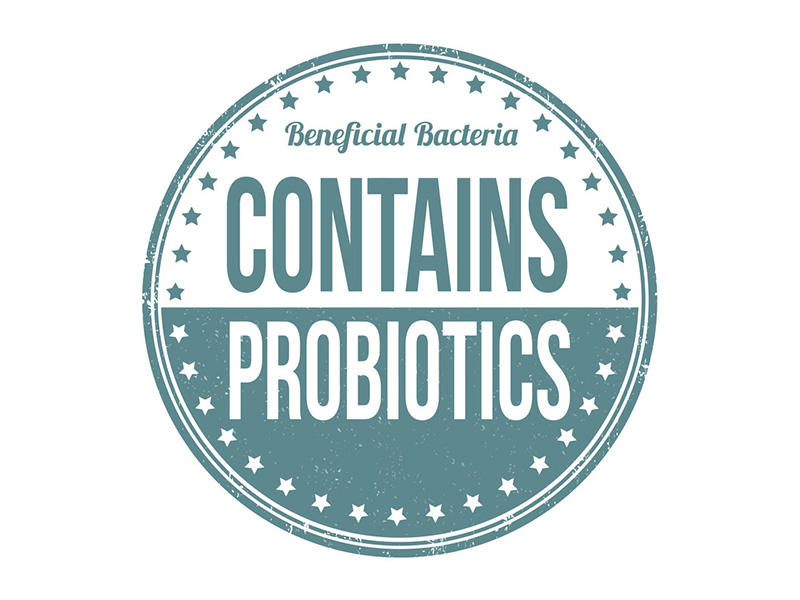
There is more information being disseminated than ever about the benefits of probiotics. Certain yogurt companies make it a selling point for their yogurt. Hopefully your doctor will advise you to consume them when he or she puts you on antibiotics and many products now advertise that they have added them to sell the product. But what are probiotics and do we have a need for them?
First it’s important to recognize that we already have a substantial amount of probiotics naturally occurring in our intestines. Technically, probiotics are live microbial organisms, which beneficially affect the host whether animal or human by improving the intestinal balance. By now you may have seen one of the many commercials on TV trying to sell probiotic products by reminding us that our gut is our number one defense mechanism against disease. Probiotics are commonly consumed in foods such as yogurt, kefir, buttermilk, soy sauce, sauerkraut and dietary supplements. When you ingest these foods the probiotics in them enhance your intestines ability to produce more beneficial bacterial microorganisms, which in turn help to fight disease and increase your immunity.
Every healthy bowel has an estimated 100 trillion microorganisms in 500 different species. These bacteria keep pathogens, which are the harmful microorganisms in check, which assists in fighting disease. Additionally they aid in digestion, which in turn helps you to absorb more of the nutrients from your food. When you have the unfortunate need for antibiotics it is important to understand that they kill the good bacteria along with the bad. Taking probiotics during this time will facilitate the regrowth of beneficial bacteria. Clinical trials have shown that it also will shorten the course of infectious diarrhea in infants and children. Scientists are continuing to research probiotics and are learning more each day about the role of these microbes in keeping people healthy. This is especially true when the right type and levels of the probiotic microbes are consumed.
So far research has shown that probiotic bacteria can:
- Help with the side effects of antibiotic therapy
- Improve digestive function
- Improve tolerance to lactose
- Enhance immune function
- Help reduce the risk of certain acute common infectious diseases
- Assist in maintaining urogenital health
Additional there are current studies being done to evaluate whether certain probiotics can play a role in reducing the development of allergies in children. There are many individuals suffering from food related allergies, which cause their bowels to stay in an inflamed state. Taking probiotics can enhance the body’s ability to fight invading pathogens in this inflamed tissue and increase the immune response.
As beneficial as probiotics can be it is also important to mention that in certain individuals with immunosuppression large doses of probiotics or the wrong type of probiotic may pose a theoretical risk. Knowing the source of the probiotics you are taking is also important. If you are going to take supplements as one of those sources make sure you are taking a reputable product.
So, do you need probiotics? If you have a healthy bowel, good digestive function and no food intolerance then maybe not. However, for the rest of us it is definitely worth considering adding some yogurt, kefir or a supplement to our diets.
